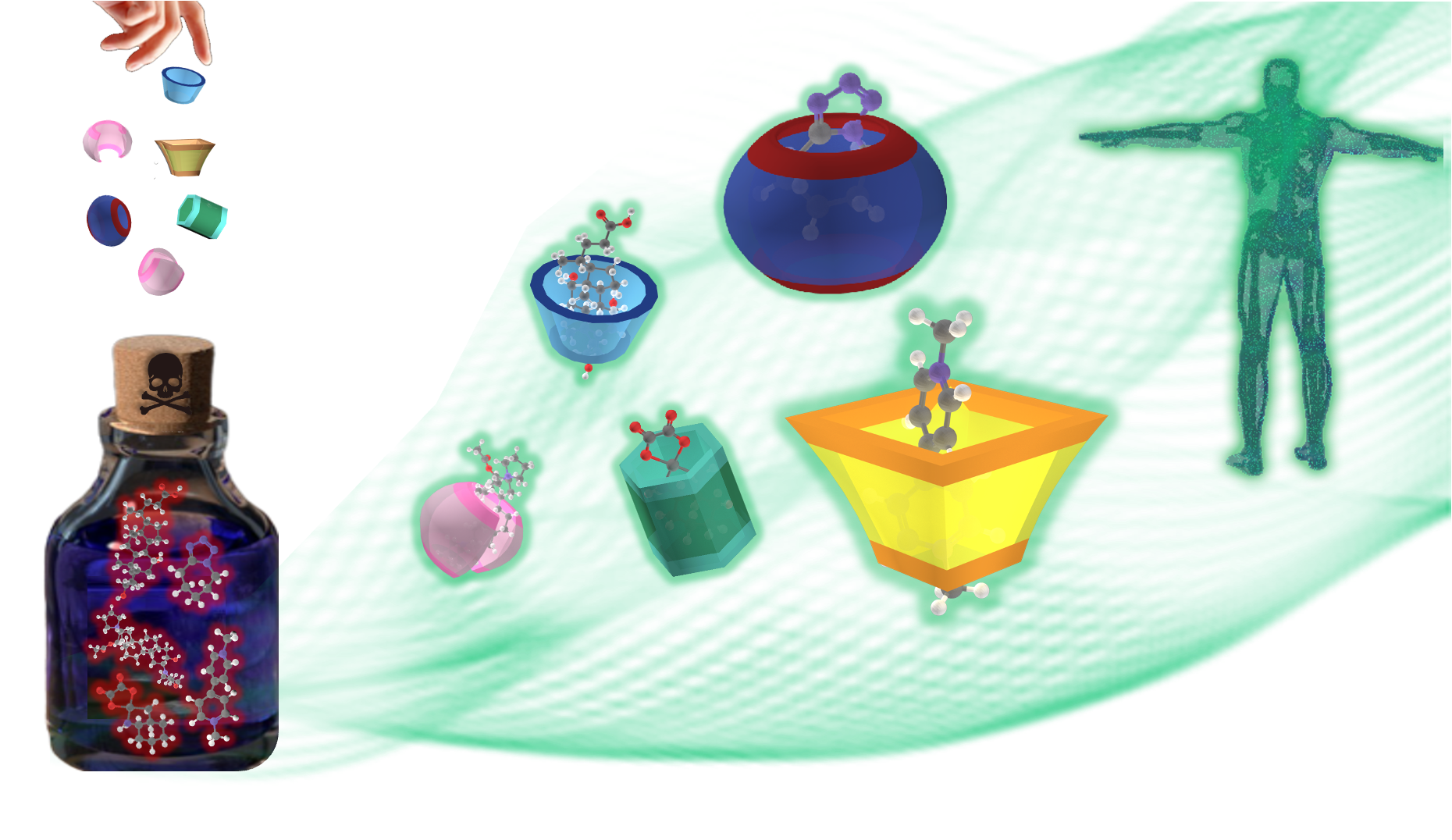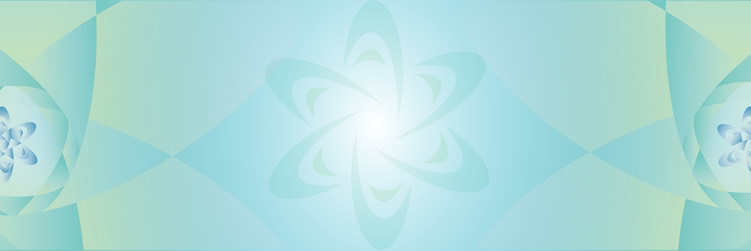Macrocycles as Supramolecular Antidotes
Wang Rui Bing
University of Macau
Accidental injury or death caused by poisoning from compounds such as psychoactive drugs, anesthetics, and pesticides etc has been a significant challenge for both China and the world. However, detoxification in clinical practice often relies on nonspecific adsorbents like activated charcoal, resulting in low detoxification efficiency. As a result, the design and screening of more specific antidotes have garnered increasing attention from scientists and clinicians. Many toxic substances are small organic molecules that can be selectively captured by structurally complementary macrocyclic molecules through supramolecular host-guest interactions to potentially achieve detoxification or accelerate renal clearance. This project, guided by the principles of supramolecular chemistry, explicitly developed the concept of “supramolecular antidotes and scavengers.” By leveraging the ultra-strong host-guest coordination between macrocyclic molecules and toxic guest molecules, toxic guests can be specifically captured in vivo, effectively reversing or inhibiting their toxicity (Figure 1). This provides novel insights to developing specific, highly effective, small-molecule antidotes.

Fig 1 Macrocycles could act as supramolecular antidotes to reverse or inhibit toxicity of small molecules



